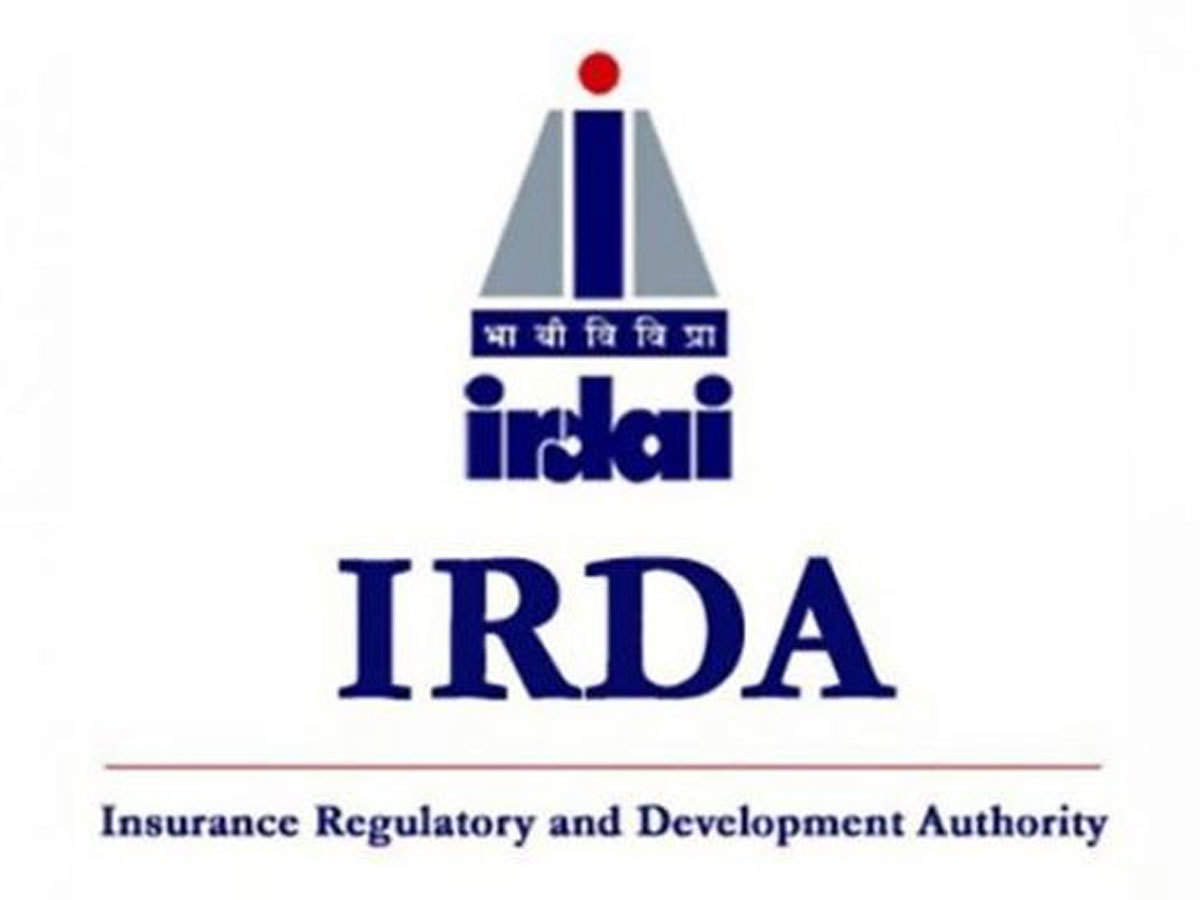The recent move by the Insurance Regulatory and Development Authority of India (IRDAI) to remove the age limit of 65 years for purchasing health insurance policies is a significant stride towards fostering inclusivity in the healthcare landscape
 KRC TIMES Desk
KRC TIMES Desk

The recent move by the Insurance Regulatory and Development Authority of India (IRDAI) to remove the age limit of 65 years for purchasing health insurance policies is a significant stride towards fostering inclusivity in the healthcare landscape.
This decision marks a departure from conventional constraints that limit individuals’ access to comprehensive coverage and align with the evolving needs of a diverse population. By abolishing the maximum age restriction on purchasing health insurance plans, IRDAI aims to create a more accessible healthcare ecosystem, providing adequate protection against unforeseen medical expenses.
This progressive amendment extends the opportunity for individuals of all ages to secure insurance coverage, irrespective of their stage in life. IRDAI’s directive goes beyond mere age inclusivity. Insurers are now mandated to offer health policies to individuals with pre-existing medical conditions, ensuring that even those with complex health needs can access essential coverage. This move prohibits insurers from denying policies to individuals with severe conditions such as cancer, heart or renal failure, and AIDS, thus promoting a more compassionate insurance landscape.
Moreover, the flexibility introduced in premium payment options, allowing instalments for policyholders’ convenience, reflects a customer-centric approach. This measure acknowledges the diverse financial circumstances of individuals and facilitates easier access to essential healthcare coverage. Furthermore, the directive regarding coverage for alternative systems of medicine, such as Ayurveda, Yoga, Naturopathy, Unani, Siddha, and Homoeopathy, without any cap on reimbursement, underscores a holistic approach to healthcare. This inclusion recognises the growing preference for traditional and alternative healing methods among the populace, ensuring comprehensive coverage aligned with diverse healthcare choices.
Additionally, the provision enabling policyholders with benefit-based policies to file multiple claims with various insurers enhances flexibility and choice, empowering individuals to navigate their healthcare needs effectively. The proposed regulation’s emphasis on addressing the complaints and claims of senior citizens through a specialised channel reflects a commitment to personalised and responsive service. By tailoring support mechanisms to meet the unique requirements of elderly policyholders, the regulatory framework aims to enhance consumer satisfaction and trust in the insurance sector.



